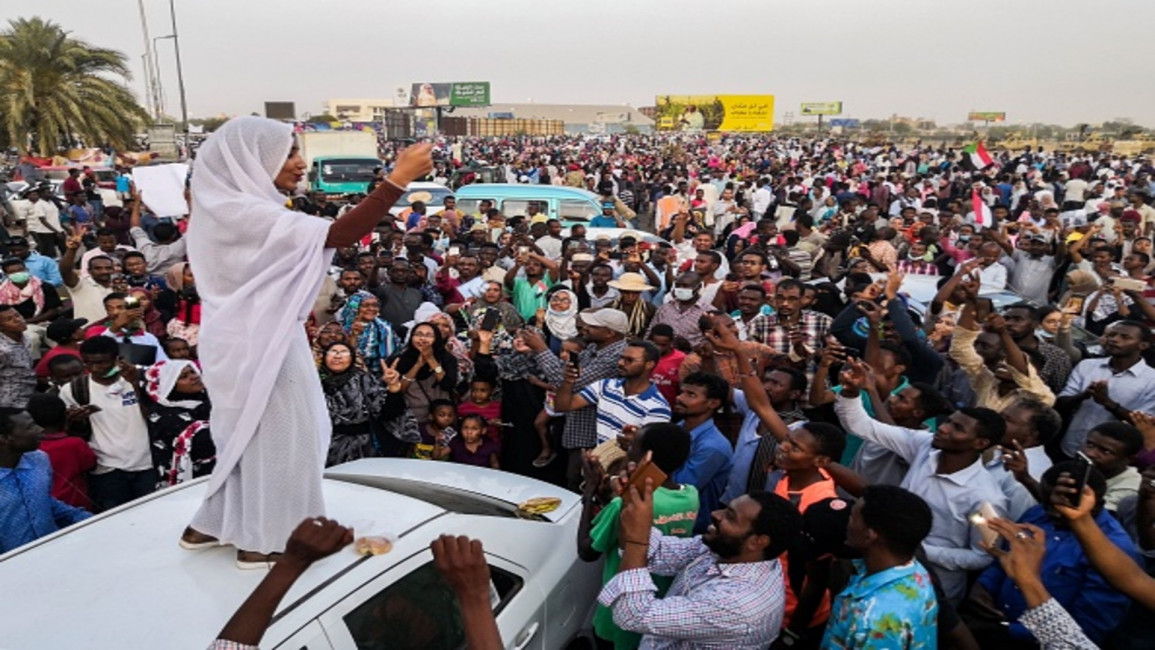Activists disappointed as Sudan government votes to ratify women's rights convention with reservations
However, the vote fell short of the hopes of civil rights groups because the cabinet declined to endorse key aspects of the Convention on the Elimination of All Forms of Discrimination Against Women, known by its acronym CEDAW.
The cabinet endorsement of CEDAW - with reservations - followed years of protest over gender-based discrimination and violence in Sudan.
In order for the ratification to go ahead, the cabinet's vote must now be approved by the Transitional Sovereignty Council - the interim military-civilian council which has acted as Sudan's collective head of state since August 2019.
|
|
The cabinet stopped short of endorsing three fundamental articles of the CEDAW asserting equality between men and women in matters including marriage, divorce and parenting.
Ihsan Fagiri, the head of the 'No to Women's Oppression Initiative', told VOA news that ratifying the convention with reservations defeated its purpose. Another women's rights activist, Einas Muzamil, told the American news outlet that she doubted the government was truly willing to enact reforms.
CEDAW was adopted in 1979 by the UN General Assembly and has been ratified by 189 states.
Read more: 'There is a war on women in Sudan' - Women demand protection against violence and harassment
Hundreds of women demonstrated in Khartoum earlier this month to demand reforms, two years after the mass protests that led to the fall of dictator Omar Bashir. Placards called for the abolition of discriminatory laws that survived decades of Bashir’s authoritarian rule.
The protests followed an online campaign where women and girls shared their experiences of domestic violence and sexual harassment, after 13-year-old Samah el-Hadi was killed by her father for wanting to go to a private school.
No arrests were initially made, and the family were allowed to bury her, but a week later following an outcry by thousands of people on social media, the police arrested her father for murder and re-examined her body.
Women were a driving force in the nine-month-long street protests that ousted veteran autocrat Bashir in April 2019, during which they suffered brutal beatings and rape.
Over its 30-year-rule Bashir’s government imposed a strict interpretation of Islamic law, criminalising alcohol and “revealing” clothes. Campaingers say that the lack of laws protecting women and girls exposed them to abuse within their families.
The transitional government which came to power following 30 years of Bashir's rule has been recognised for outlawing female genital mutilation (FGM), a move saluted by women’s rights campaigners.
Nearly nine out of ten Sudanese women aged between 14 and 49 are believed to have undergone FGM, one of the highest rates in the world.
Follow us on Facebook, Twitter and Instagram to stay connected



